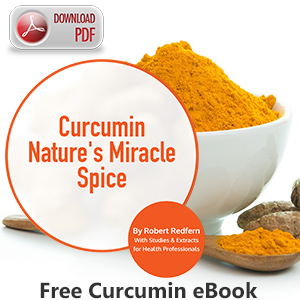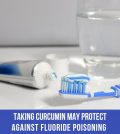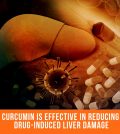Curcumin and Melanoma
 Can a spice help fight cancer?
Can a spice help fight cancer?
The Asian spice that gives curried rice its bright yellow color could someday provide researchers with a new way to fight skin cancer. Small doses of curcumin, a spice ground from the turmeric root and a common ingredient in curry, not only stopped the growth of melanoma cells in the lab but also caused the cells to self-destruct, say researchers from the University of Texas’s M. D. Anderson Cancer Center in Houston.
The researchers tested curcumin on lab-grown melanoma cells to see if the spice could stop the cells from surviving and reproducing. The more curcumin they added to the melanoma, the more cells died. Unlike normal cells, cancer cells grow uncontrollably and do not self-destruct. Increased doses of curcumin also stopped the melanoma cells from reproducing.
One coauthor of the paper, which will be published in the August 15 issue of the journal Cancer, Bharat Aggarwal, said curcumin is intriguing to researchers because of its low toxicity. While most forms of chemotherapy cause serious adverse reactions in cancer patients, studies have shown that people can tolerate large amounts of curcumin with no ill effects. Curcumin also works as an antioxidant and an anti-inflammatory agent.
“People from countries like India have been taking it for thousands of years,” says Aggarwal. “It is well tolerated. Here is a completely nontoxic anti-inflammatory agent.”
Doctors diagnose roughly 53,600 people with melanoma each year. The cancerous cells develop as irregularly shaped and colored moles on the surface of the skin. The cancer resists many chemotherapy treatments and can metastasize, spreading to other organs in the body.
Aggarwal and his colleagues believe that curcumin blocks the signals a cancer cell needs to survive. David Fisher, director of the melanoma program at the Dana Farber Cancer Institute, said that looking at how curcumin blocks these signals was one of the more important discoveries in this paper.
But is Indian food really a cure for cancer? While this laboratory evidence is interesting, researchers say, it doesn’t prove that curcumin will help fight cancer in humans. “It’s way in its infancy,” Allan Halpern, chief of dermatology at Memorial Sloan-Kettering Cancer Center, says of the research. “The problem is that, to date, we do not have is clinical data to support the fact that using these agents as a chemo-preventative strategy is effective.”
In the meantime, Aggarwal and his colleagues continue to tests curcumin on a wide variety of cancers, including breast cancer. “Curcumin is a perfect alternative [to chemotherapy], but we have to prove that it works,” he says.
Find out more: The National Cancer Institute has an extensive web page on melanoma.
Abstract online: www3.interscience.wiley.com
Source: US News By Cory Hatch






